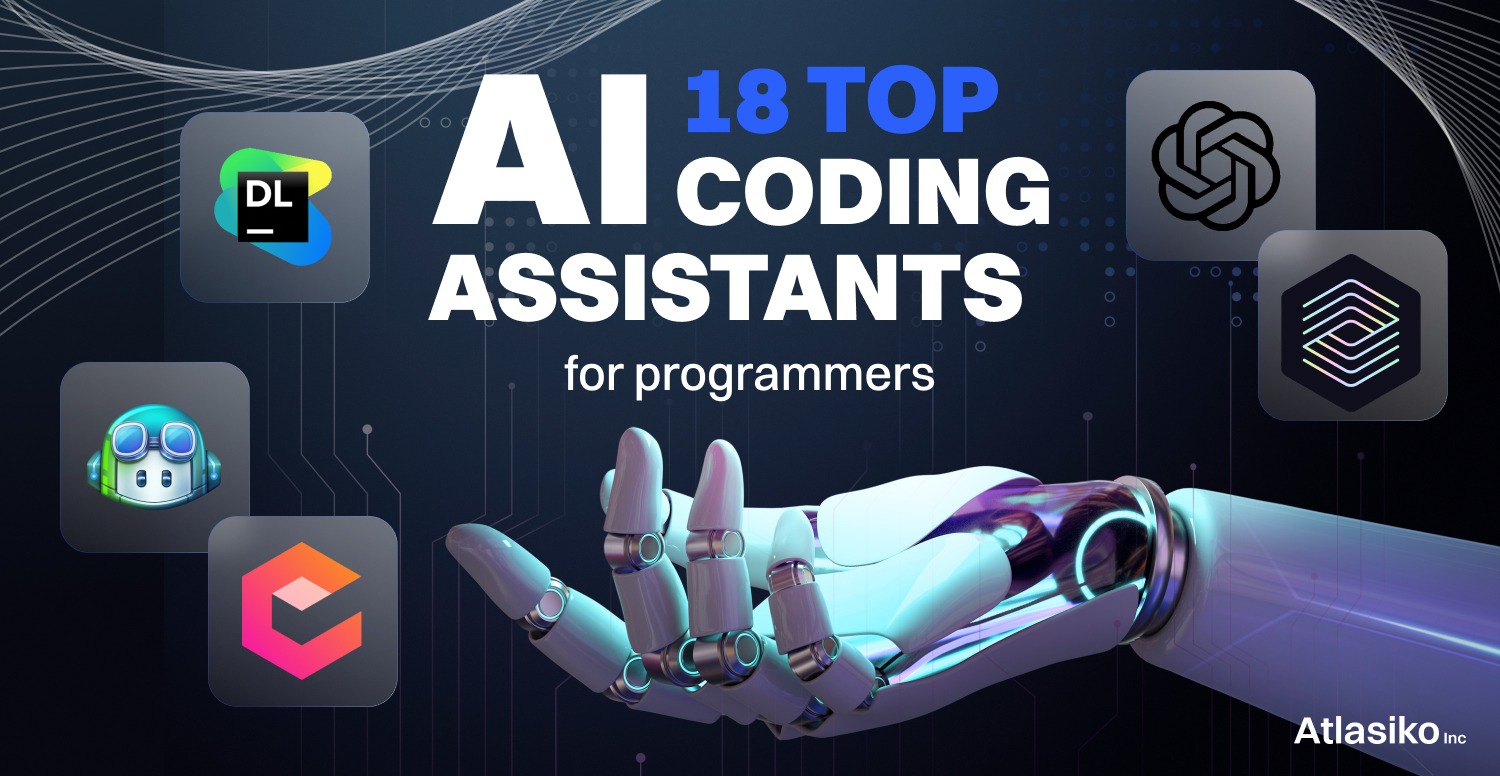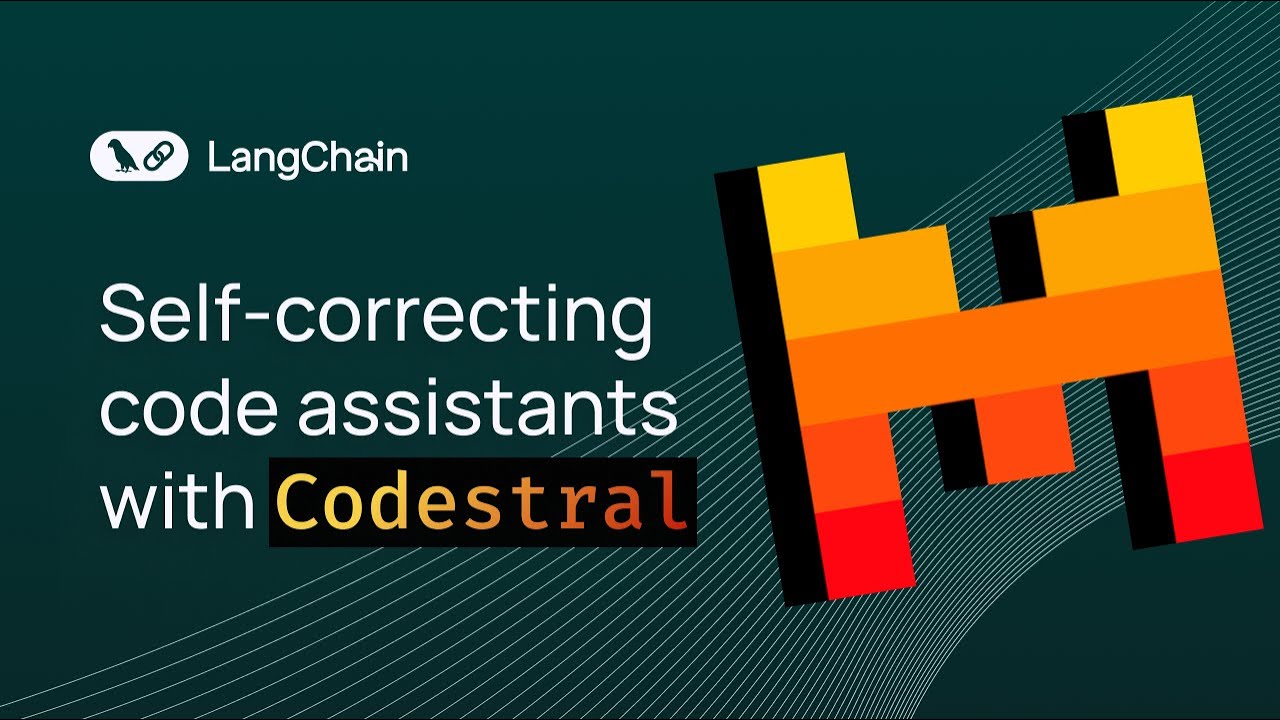
The Rise of Generative AI in Coding: A Double-Edged Sword?
As a developer, I’ve always been fascinated by the potential of artificial intelligence to revolutionize the way we code. The latest development in this space is Codestral, a generative AI model for coding released by Mistral, a French AI startup backed by Microsoft and valued at $6 billion. But as I delved deeper into the capabilities and limitations of Codestral, I couldn’t help but wonder: is this technology a game-changer or a recipe for disaster?
Codestral is designed to help developers write and interact with code, and it’s been trained on over 80 programming languages, including Python, Java, C++, and JavaScript. It can complete coding functions, write tests, and even answer questions about a codebase in English. Sounds impressive, right? But there’s a catch. The license prohibits the use of Codestral and its outputs for any commercial activities, with some caveats for development. This raises questions about the true intentions behind this “open” model.
 The future of coding?
The future of coding?
One of the main concerns is that Codestral was trained partly on copyrighted content. While Mistral didn’t confirm or deny this, it’s not hard to imagine why they might be hesitant to open up their model to the public. After all, we’ve seen evidence of copyrighted data being used in training datasets before.
But even if we set aside these concerns, there’s another issue: Codestral requires a beefy PC to run, and its performance is hardly exceptional. In fact, it beats the competition according to some benchmarks, but it’s not a blowout. And let’s not forget that generative AI tools for coding have obvious flaws. An analysis of over 150 million lines of code committed to project repos over the past several years found that these tools are resulting in more mistaken code being pushed to codebases. Security researchers have also warned that they can amplify existing bugs and security issues in software projects.
 Mistakes in codebases on the rise
Mistakes in codebases on the rise
Despite these limitations, developers are embracing generative AI tools for coding. In a recent poll, 44% of developers said they use AI tools in their development process, while 26% plan to soon. But as we move forward, it’s essential to acknowledge the potential risks and take steps to mitigate them.
Mistral has launched a hosted version of Codestral on its Le Chat conversational AI platform, as well as its paid API. The startup has also worked to build Codestral into app frameworks and development environments like LlamaIndex, LangChain, Continue.dev, and Tabnine. While this might be a step in the right direction, I can’t help but wonder: are we trading convenience for quality?
 Codestral integration into development environments
Codestral integration into development environments
As I reflect on the rise of generative AI in coding, I’m reminded of the importance of responsible innovation. While Codestral and similar tools have the potential to revolutionize the way we code, we must be cautious of their limitations and potential risks. Only by acknowledging these challenges can we create a future where AI and human developers work together in harmony.















